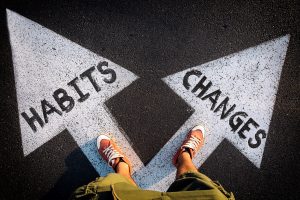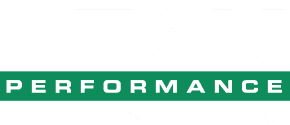The New Year begins with good intentions-plans for making positive changes to create a healthier lifestyle. However, these changes will not happen overnight and it’s important to know that progress and habits take time. So how can we stick to these plans? What tools can we use to be successful? Start with these tips to get starting journaling and scheduling in order to hold yourself accountable.
- Tracking Progress
The New Year always starts off resolutions of new exercise programs and healthy eating habits. Many individuals begin a new exercise program with the best intentions, but may fall short of their goals. This can happen for a number of reasons, but often not seeing immediate results can be deterring. Maintaining an exercise journal helps a person keep track of progress. You are able to see firsthand how far you’ve come while sticking to a stead >exercise routine.
- Making Gym Appointments
Doctor appointments, kid’s soccer games, work meetings- these all end up on the calendar. They are appointments which need to be kept, same as your gym appointments with yourself or your trainer. Keeping a schedule is more effective than just keeping a to-do list. When you carve out time for a specific activity or project, you’re far more likely to stick to it. If it’s not on the calendar, you may forget about it. Prioritize your agenda by scheduling time for the gym and adding it to the calendar.
- Recording Nutrition Habits
Whether you are being honest with yourself or just knowing that someone (i.e. exercise physiologist or nutritionist) is going to read the journal, you are being held accountable. Food logs help make us self-aware of what are putting into our bodies-whether it’s too much or too little. Knowing that someone else is going to review the journal may also help us stay on the right path towards our goals. This journal can also be used to reflect back on successes or which areas still need improvement.
By Louise Mills-Strasser, M.S.







